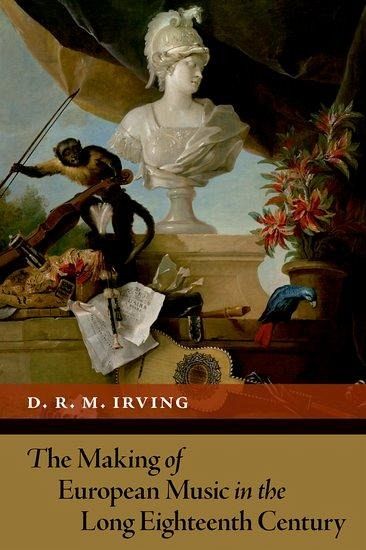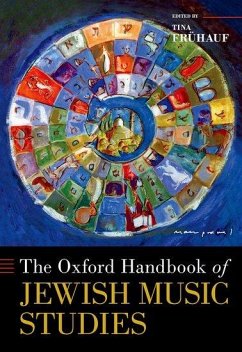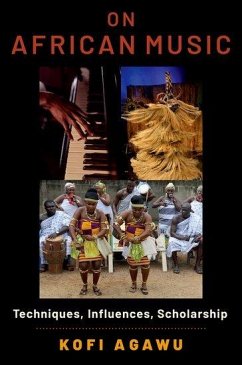
The Making of European Music in the Long Eighteenth Century
Versandkostenfrei!
Versandfertig in über 4 Wochen
82,99 €
inkl. MwSt.
Weitere Ausgaben:

PAYBACK Punkte
41 °P sammeln!
In this book, author D. R. M. Irving traces the emergence of such large-scale categories as "European music" and "Western music," showing how they originate from self-fashioning in contexts of intercultural comparison outside the European continent rather than the resolution of national aesthetic differences within it. Taken as a whole, this study demonstrates how reductive labels for the musics of a continent or a hemisphere often imply homogeneity and essentialism, and how a renewed critique of primary sources can help dismantle historiographical constructs that arose within narratives of mu...
In this book, author D. R. M. Irving traces the emergence of such large-scale categories as "European music" and "Western music," showing how they originate from self-fashioning in contexts of intercultural comparison outside the European continent rather than the resolution of national aesthetic differences within it. Taken as a whole, this study demonstrates how reductive labels for the musics of a continent or a hemisphere often imply homogeneity and essentialism, and how a renewed critique of primary sources can help dismantle historiographical constructs that arose within narratives of musical pasts involving Europe.













